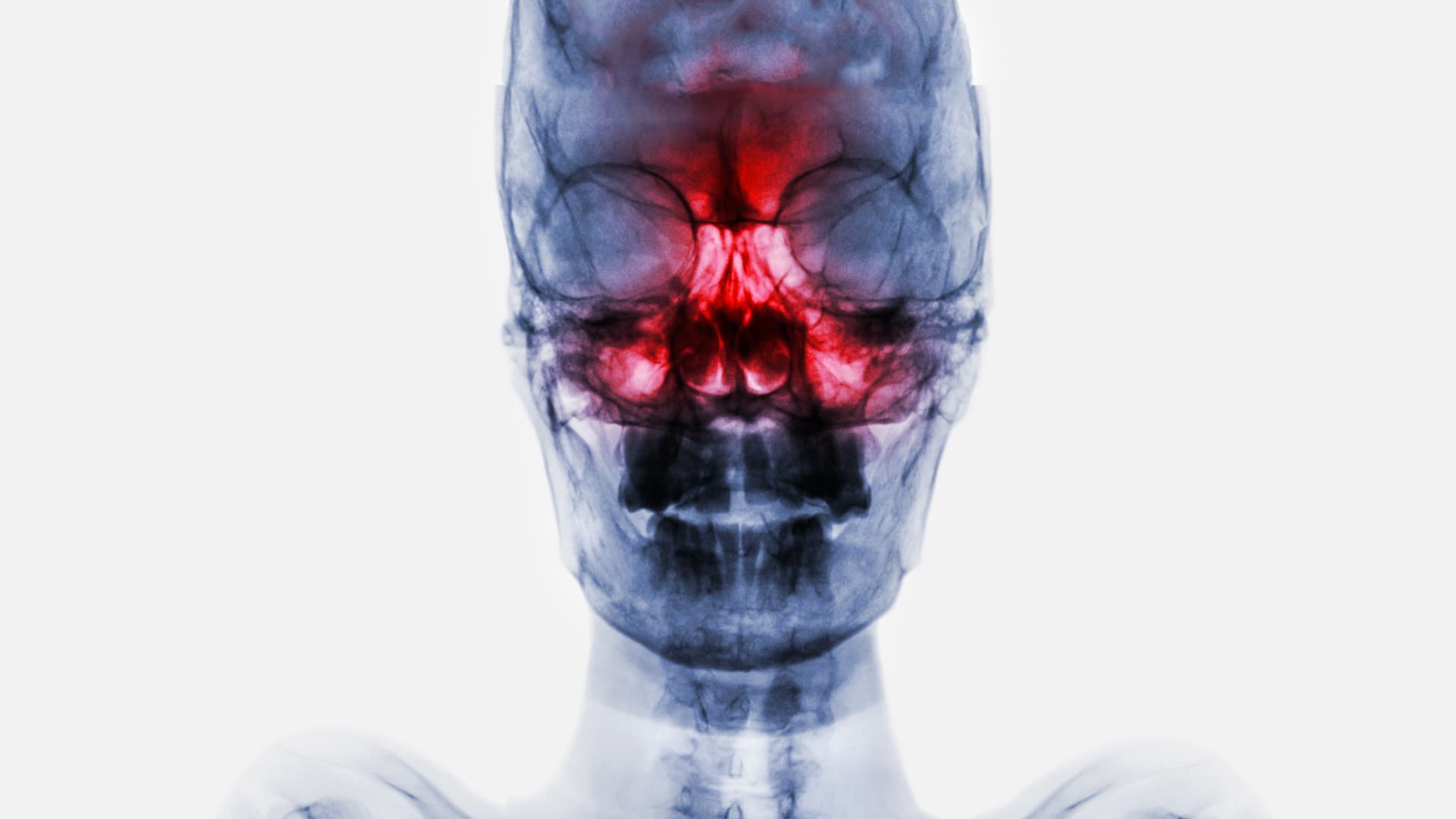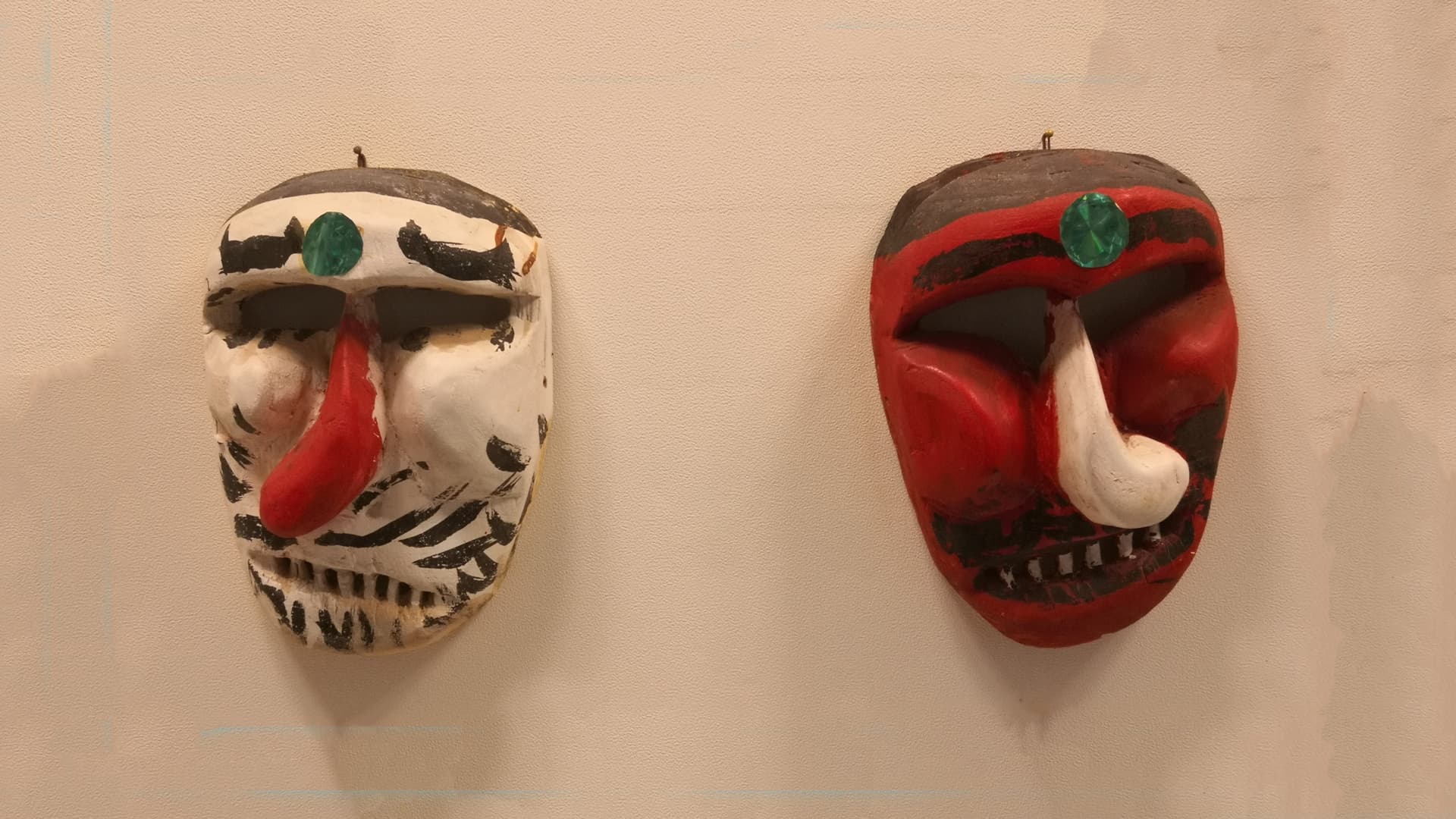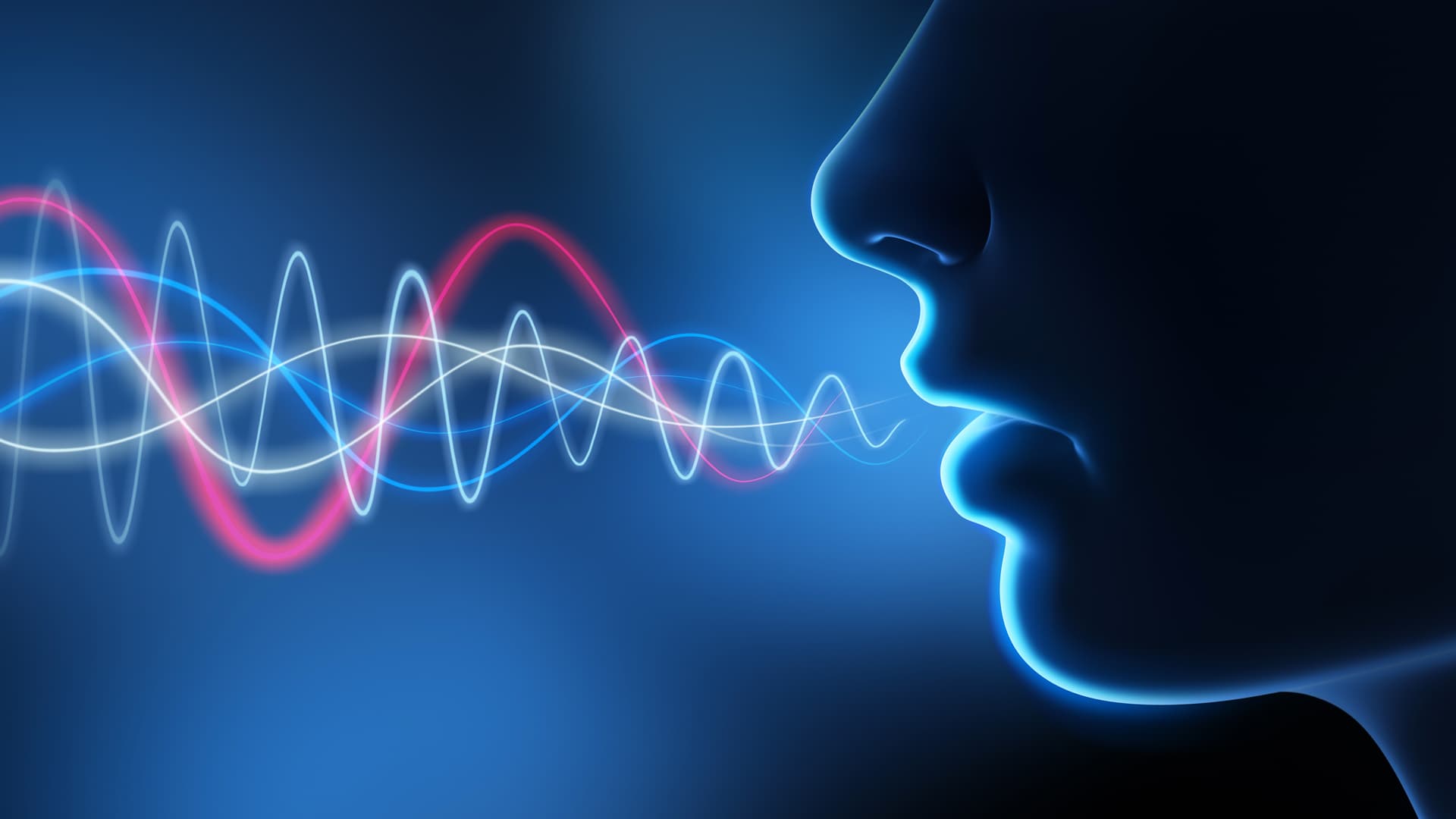ENT Assessments
ENT is a medical and surgical speciality. In addition to surgery, it provides highly specialised medical check-ups at the practice, particularly for problems relating to hearing, vertigo, voice, facial paralysis, nose and sinuses, snoring and sleep. Your ENT specialist is also able to interpret X-rays, scans, MRIs, ultrasounds, PET scans and biological tests relating to his speciality.
Below is a summary of the ENT check-ups carried out by Dr Antoine Delagranda, an ENT surgeon in La Roche-sur-Yon in the Vendée. Please click to see the detailed page for each test.

Hearing assessment
A hearing test is advisable if you feel that you can’t hear or understand conversations properly, particularly on the telephone or in noisy surroundings (cafés, restaurants, public transport, etc.). If those around you complain about the volume of the radio or television and you don’t answer the call, if you systematically change sides to answer the phone, if you have tinnitus (whistling, buzzing) in one or both ears, if your child doesn’t speak very well, makes mistakes with syllables, or if your child’s teacher talks about attention problems in class or behaviour problems with other children. Audiograms and tympanometry are the main tests.

Nose and sinus assessment
A sinus check-up is advisable if you have a reduction or loss of smell (hyposmia and anosmia), if your nose runs clean or dirty, especially on one side (rhinorrhoea), if your nose is blocked all the time, if your nose is blocked alternately on one side and the other, if you have regular nosebleeds (epistaxis), if you have pain in the forehead, between, behind or under the eyes, at the top of the skull, if your pain increases when you tilt your head forward, if you sneeze frequently, if you have the impression that you always have a bad smell in your nose (cacosmia). Nasofibroscopy and sinus scans are the main tests.

Facial paralysis assessment
A check-up for facial paralysis is advisable if you have discovered an asymmetry of your face in a mirror or if someone has pointed it out to you, if your smile is no longer symmetrical, if you have difficulty drinking without liquid dripping from one corner of your mouth, if you can no longer close your eyelids or blink with one eye and tears involuntarily flow to one side, if your forehead creases have disappeared on one side, if you feel a metallic taste in your mouth. It is very important to determine first whether the facial paralysis is peripheral (related to the facial nerve) or central (related to the brain). MRI of the facial acoustic bundles is recommended.

Snoring and sleep assessment
A check-up for snoring or sleep apnoea syndrome is advisable if your own snoring disturbs you, if your snoring creates tension in your relationship, if your partner hears your breathing stop momentarily while you sleep, if you feel very tired during the day even though you have a fairly long night’s sleep, if you fall asleep at the cinema, in front of the television, in meetings or even in the car at traffic lights, if you have a headache, especially in the morning, without any other explanation, if you have to get up several times during the night to urinate without having a prostate or prostate problem (high nocturia), if your libido drops without any explanation, if your child snores loudly and especially if he or she also pauses for breath while sleeping. A nasofibroscopy and nocturnal polysomnography are recommended.

Vertigo assessment
A check-up for vertigo is advisable if you have the sensation of your body or head rotating in space or the impression that objects are spinning around you, if you feel dizzy for a short time when you move your head in a certain position, if you feel nauseous or vomit, if you are unable to stand upright, if you deviate to one side when walking, if you feel as if your vision is blurred, if you feel as if the ground is sinking under your feet or becoming vertical, or as if you are walking on cotton wool, if you feel as if your body is moving in one direction or another, or if you feel as if you are constantly falling backwards, even when lying down. There are many causes of vertigo, the most common of which are linked to an inner ear problem and more specifically the vestibule, the organ that helps to keep the body and head stable. This is known as vertigo of peripheral or vestibular origin. The most common cause of vestibular vertigo is benign paroxysmal positional vertigo or BPPV. It is triggered by a change in position, such as standing up, lying down, leaning forward or turning over in bed. Vestibular neuritis, Meniere’s disease and acoustic neuroma are classic vertiginous pathologies that also require ENT treatment. Manoeuvres may be recommended, as well as a VNG, a VHIT and an audiogram.

Voice assessment
A voice assessment is advisable if you feel you are losing your voice completely (aphonia), if you have a persistent change in your voice lasting more than 15 days (dysphonia), or if you have a recurrent change in your voice (repeated dysphonia over time). In adults, physical factors can affect the voice: tobacco, alcohol, toxic products, acid gastric reflux, posterior nasal discharge (rhinorrhoea) due to irritation and oedema of the vocal cords, mechanical factors can affect the voice: vocal forcing (intensive and inappropriate use of the voice) in a professional context: teacher, singer, actor, salesperson, presenter, radio host or in a personal context: singing, karaoke, a benign or malignant tumour in the vocal cords or just above or below them. Psychological factors can also influence the voice and even make you intermittently voiceless. In children: Physical factors can affect the voice: acid gastric reflux, posterior nasal discharge (rhinorrhoea) due to irritation and oedema of the vocal cords, mechanical factors can affect the voice: vocal forcing: singing, shouting. A nasofibroscopy is recommended, or even a videostroboscopy and a CT scan.
Do you have a question? Need more information?
Dr Antoine Delagranda is available to answer any questions you may have about ENT check-ups. Dr Delagranda is a specialist in ENT surgery at the Clinique Saint Charles in La Roche-sur-Yon, Vendée.
Consultation for an ENT assessment in Vendée
Dr Antoine Delagranda is available to answer any questions you may have about ENT check-ups. Dr Delagranda is a specialist in ENT surgery at the Clinique Saint Charles in La Roche-sur-Yon in the Vendée.

